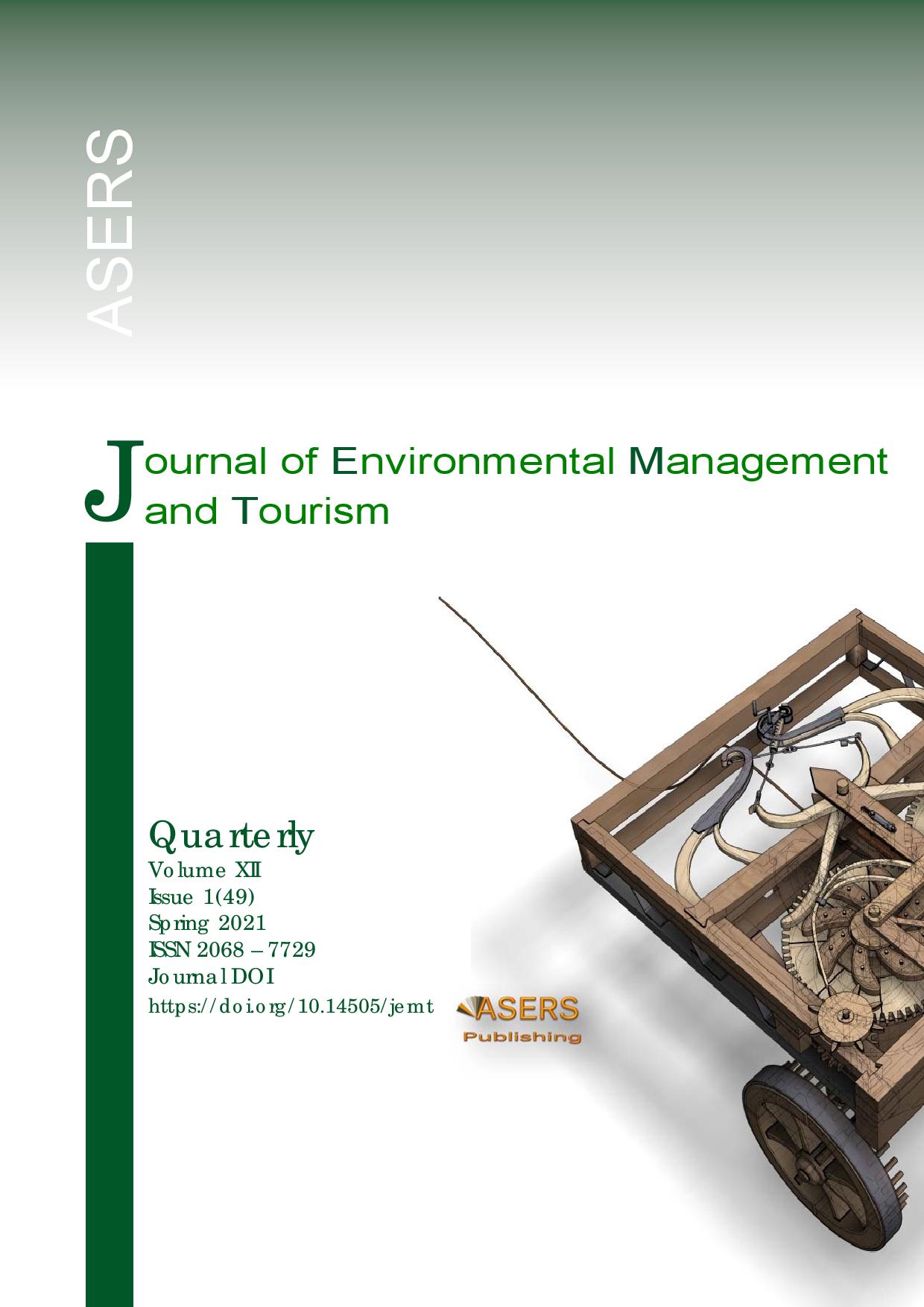Post -Tourism in Booming Indonesian Rural Tourism Industry. A Social Representation Theory Approach
Post -Tourism in Booming Indonesian Rural Tourism Industry. A Social Representation Theory Approach
Author(s): Tri Wahyu Nugroho, Nuhfil Hanani, Hery Toiba, Mangku PURNOMOSubject(s): Economy, Tourism, Socio-Economic Research
Published by: ASERS Publishing
Keywords: rural tourism; visitor; social representation; anchoring; objectification;
Summary/Abstract: Although it is still debatable, rural tourism is deemed to provide economic and social benefits without damaging natural resources and therefore, it is still an important sector for developing country. Indonesia will allocate IDR 72 trillion village fund in 2021 for rural development program in which rural tourism is the main sector after infrastructure, education, and health sectors. Using social representation theory approach, we analysed social representation of rural tourism among visitors and whether the representation was perceived as important or not by rural tourism managers. Survey of 700 tourists and 70 village tourism managers found that words of “tourism attraction”, “economic activities” and “curiosity” attracted attention of tourists, while rural tourism managers only considered “tourism attraction” as focus of the management strategies. There was a knowledge gap between visitors and tourism managers as tourists preferred to see "authenticity" while managers wanted to build an "artificial" attraction. In terms of management practices, the shift in social representation will largely determine their standard of hospitality; it is no longer based on the comfort of the "standard" as we understand, but instead the fulfilment of the social representation of the visitors. This finding has verified the hypothesis of post-tourism theory, which believes that visitors have more attention to get “experience” in their journey rather than to follow traditional view of “attraction”. At the practical level, rural tourism managers can consider the findings to develop their service management to be more in accordance with visitor’s representation rather than their common-sense.
Journal: Journal of Environmental Management and Tourism (JEMT)
- Issue Year: XII/2021
- Issue No: 01 (49)
- Page Range: 288-301
- Page Count: 14
- Language: English
- Content File-PDF

